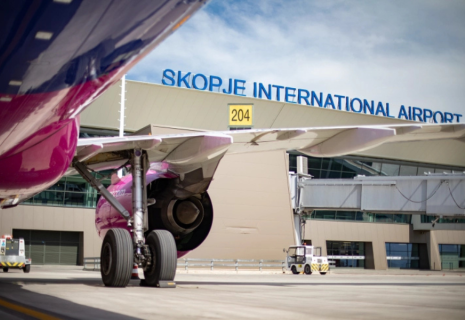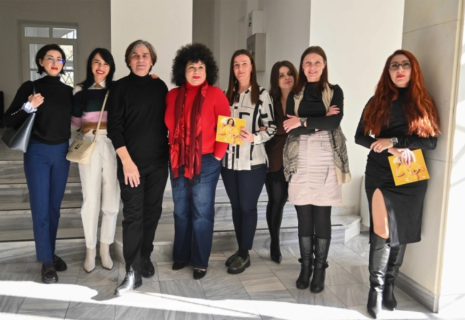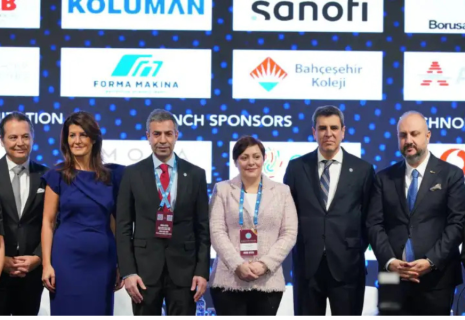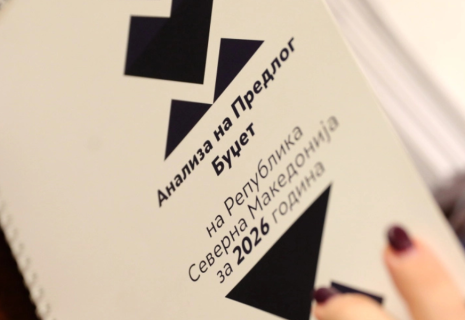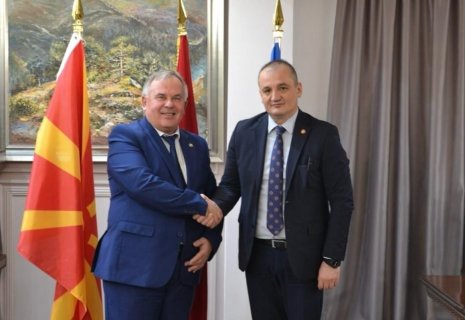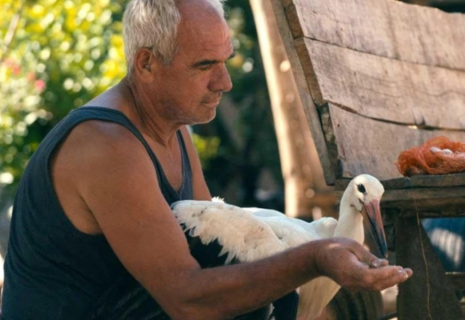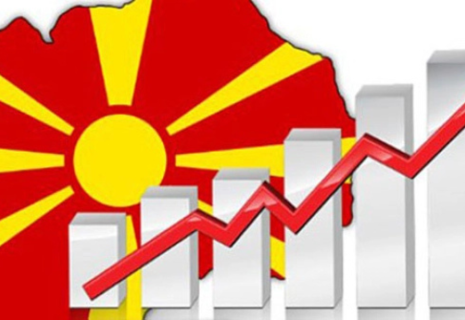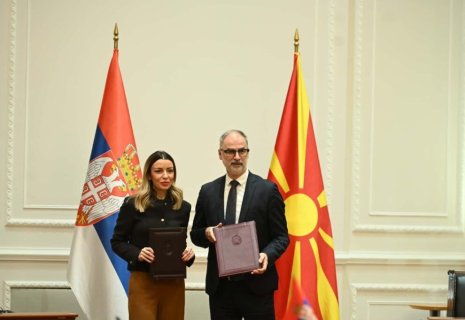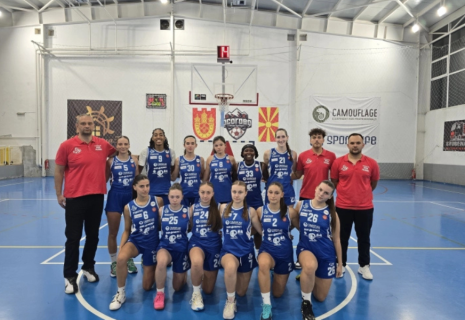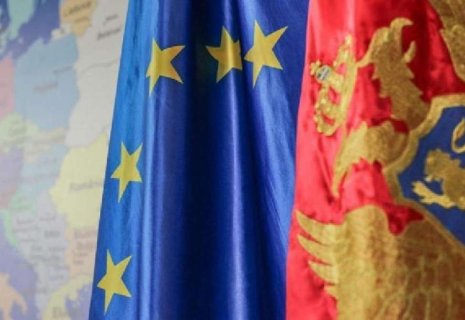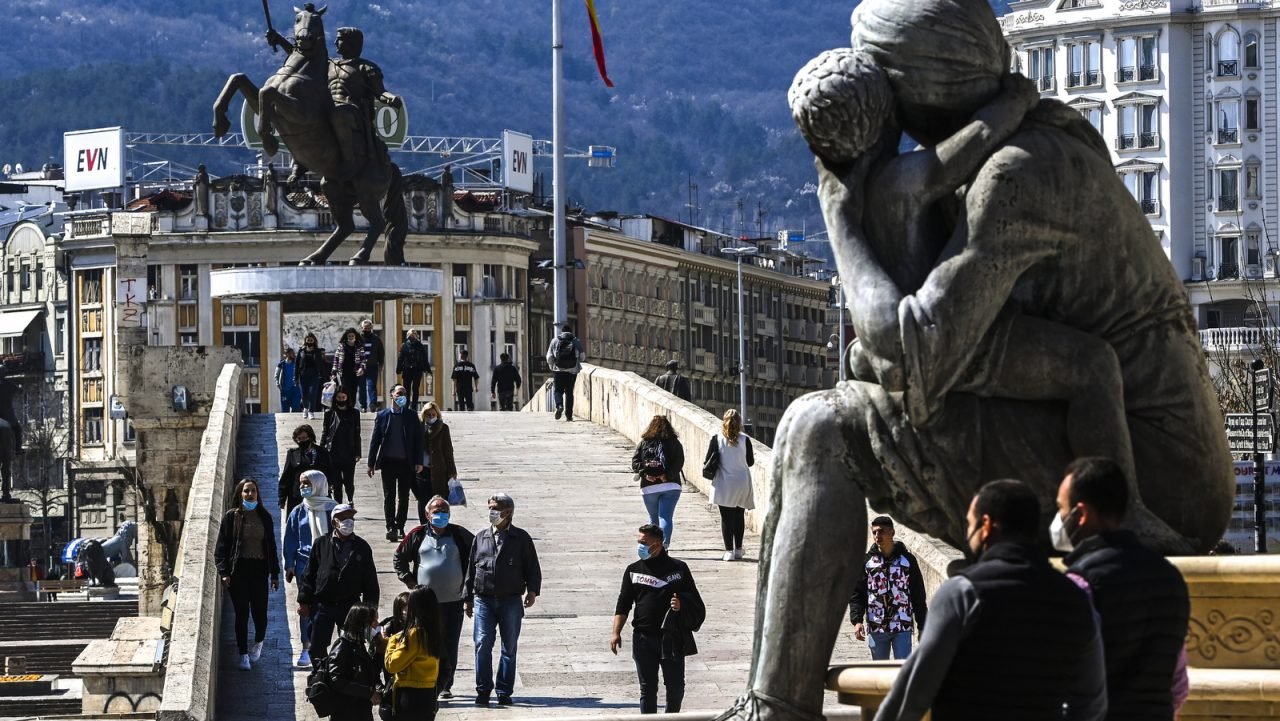
Ethnic diversity in North Macedonia: tapestry of cultures
North Macedonia, a small landlocked country in Southeast Europe, is characterized by a rich tapestry of ethnic diversity. Nestled in the Balkan Peninsula, North Macedonia has a history marked by various cultural influences, political upheavals, and a mosaic of ethnic identities. This diversity is a defining element of the nation’s identity, shaping its social fabric, cultural heritage, and modern governance, CE Report reports.
Historical Context
The region that constitutes modern-day North Macedonia has been inhabited by various ethnic groups throughout history, ranging from ancient civilizations like the Paeonians and the Illyrians to prominent empires such as the Roman, Byzantine, and Ottoman empires. Each era contributed to the multicultural heritage of the area.
In the 20th century, the establishment of the Yugoslav state in 1945 introduced a new political framework that recognized the distinctiveness of various ethnic groups within its borders. North Macedonia, then known as the People's Republic of Macedonia, was one of the six constitutive republics of Yugoslavia. The breakup of Yugoslavia in the early 1990s led to the independent Republic of Macedonia’s declaration of sovereignty in 1991. This independence marked a new chapter in the country's demographic landscape as ethnic tensions and national identity questions emerged prominently.
Ethnic Composition
Today, North Macedonia is home to a diverse array of ethnic groups. The largest are the ethnic Macedonians, who account for approximately 64% of the population. Ethnic Albanians represent the second largest group, comprising about 25% of the population, particularly concentrated in the northwest regions of the country. Other significant communities include Turks (around 3.9%), Roma (around 2.5%), Serbs (roughly 1.9%), and smaller groups of Bosniaks, Aromanians, and others.
This demographic mix has resulted in a cross-cultural exchange that enriches the nation’s cultural, culinary, and linguistic traditions. The coexistence of multiple languages and the celebration of diverse customs have woven a complex social fabric that distinguishes North Macedonia from its neighbors.
Cultural Influences
The cultural expressions of North Macedonia are vibrant and multifaceted, with each ethnic group contributing its own unique heritage. Macedonian folk music and dance, especially the traditional circular dances known as "oro," are integral to national celebrations and festivals. The rich Albanian cultural heritage, displayed through music, dance, and language, also plays a significant role in the country’s cultural landscape.
Culinary diversity is another hallmark of North Macedonia’s ethnic mosaic. Dishes such as "tavče gravče" (baked beans) and "ajvar" (pepper-based condiment) are celebrated in Macedonian cuisine, while Albanian dishes like "flia" (a layered pastry) demonstrate the culinary richness of the Albanian community.
Political Landscape and Challenges
The ethnic diversity of North Macedonia has historically influenced its political landscape, leading both to collaboration and conflict. The 2001 armed conflict between the government and ethnic Albanian insurgents highlighted deep-seated grievances regarding political representation, language rights, and economic inequalities.
In response to these challenges, the 2001 Ohrid Framework Agreement was signed, aiming to improve the status of ethnic Albanians and promote a more inclusive governmental structure. This agreement has since paved the way for reforms in the constitution and legal system to ensure fair representation of all ethnic communities.
Nevertheless, tensions still exist, particularly in the realms of education, language policies, and local governance. Efforts to foster a sense of national unity while respecting ethnic identities continue to be pivotal in North Macedonia's political discourse.
Moving Forward: Embracing Diversity
As North Macedonia moves forward, the importance of embracing its ethnic diversity cannot be overstated. The country's leaders and civil society must work collaboratively to promote a culture of mutual respect and understanding. Initiatives that celebrate multiculturalism through education and community engagement can help strengthen social cohesion and diminish ethnic tensions.
European integration serves as both a goal and a catalyst for this process, encouraging North Macedonia to address issues of minority rights and cultural heritage while paving the way for greater stability and prosperity.
Conclusion
North Macedonia’s ethnic diversity is both a remarkable asset and a complex challenge. As the country navigates its path toward a harmonious society, recognizing and valuing its rich multicultural heritage will be essential. By fostering dialogue, understanding, and collaboration among its diverse ethnic groups, North Macedonia can continue to build a cohesive, vibrant, and inclusive nation that celebrates its unique identity on the global stage.

